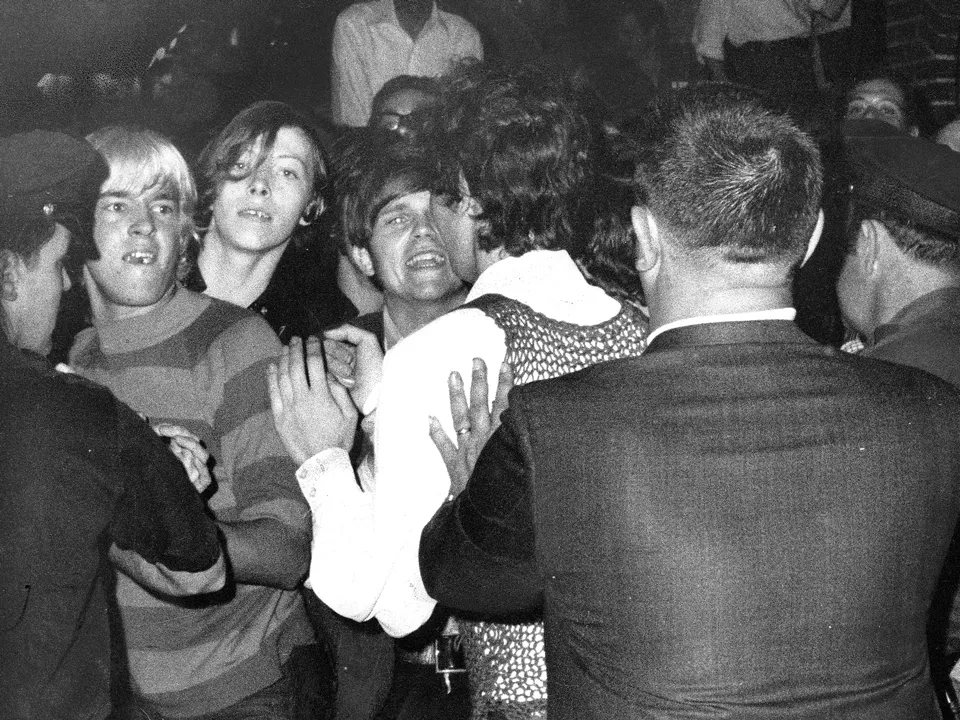LGBTQ+ Pride and the Stonewall riots are a pivotal chapter in the ongoing struggle for LGBTQ+ rights and recognition. Stonewall veterans have explicitly stated that they prefer the term “Stonewall uprising” or “rebellion.” The reference to these events as riots was initially used by police to justify their use of force.

The movement traces back to June 28, 1969, when the LGBTQ+ community in New York City, led by transgender women of color like Marsha P. Johnson and Sylvia Rivera, resisted a police raid at the Stonewall Inn, a popular gay bar. The ensuing uprising, known as the Stonewall riots, marked a turning point, influencing the community to demand equality, dignity, and justice.
In the years following the riots, LGBTQ+ activists and allies organized marches and protests, laying the foundation for the annual Pride celebrations observed worldwide. These events serve not only as commemorations of the Stonewall riots but also as affirmations of LGBTQ+ identity, resilience, and solidarity. Over time, Pride has evolved into a diverse and inclusive movement that celebrates the achievements of LGBTQ+ individuals while advocating for continued progress toward full equality and acceptance.
Learn more at:









